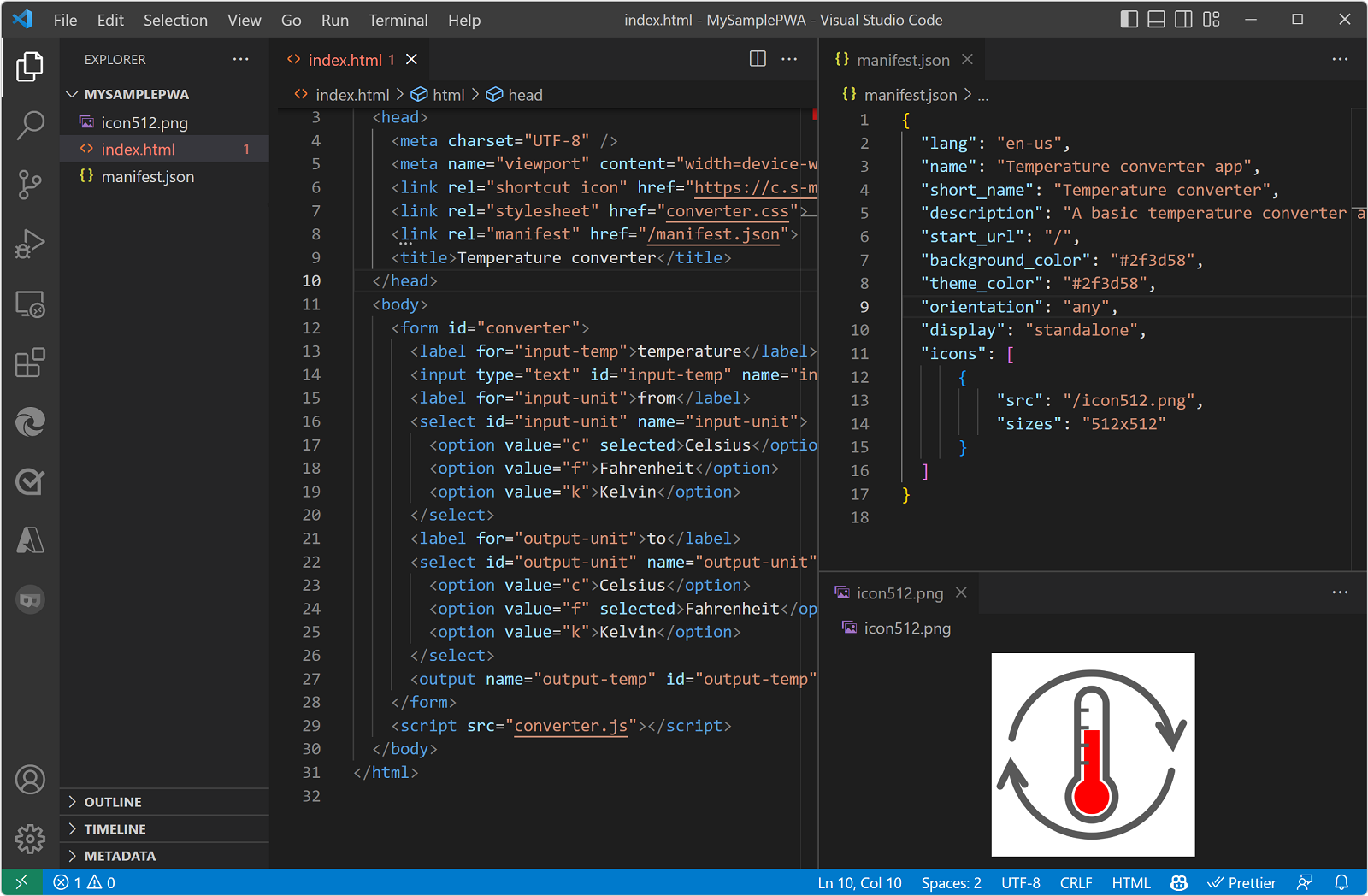Urban Insights
Exploring the pulse of modern cities.
Progressive Web Apps: The Future of Web Browsing is Here
Discover why Progressive Web Apps are revolutionizing web browsing and how they can transform your online experience today!
What Are Progressive Web Apps and How Do They Work?
Progressive Web Apps (PWAs) are a new wave of web applications that combine the best features of both web and mobile apps. They are built using standard web technologies such as HTML, CSS, and JavaScript, and are designed to provide a seamless experience across different devices and platforms. What sets PWAs apart is their ability to load quickly, even on slow networks, and their capability to work offline. This is made possible through service workers, which enable background processes that manage caching and network requests, ensuring users have a reliable experience regardless of their connectivity status.
Furthermore, PWAs are responsive, meaning they adapt to various screen sizes from mobile phones to tablets and desktops. They can also be installed on the user's device, giving them a feel similar to a native app. This installation feature is powered by a web app manifest file, which provides metadata about the app, such as its name, icons, and theme colors. As a result, users can access PWAs directly from their home screens, making them more accessible and convenient. Overall, by leveraging the capabilities of modern web technologies, Progressive Web Apps offer a compelling alternative to traditional web and mobile applications.

The Benefits of Progressive Web Apps for Businesses and Users
Progressive Web Apps (PWAs) offer significant advantages for businesses looking to enhance their online presence. By combining the best features of websites and mobile applications, PWAs provide a seamless user experience that is fast, reliable, and engaging. Businesses can benefit from enhanced visibility in search engines, as PWAs are optimized for SEO. This means they can attract more organic traffic, leading to higher conversion rates. Ultimately, a PWA can reduce the cost of development and maintenance compared to building separate native applications for iOS and Android.
For users, the benefits of Progressive Web Apps are equally compelling. PWAs load quickly, even on slow networks, ensuring that users can access content without frustration. They also support offline capabilities, allowing for continuous engagement without an active internet connection. Features such as the ability to add the app to the home screen provide a native app-like experience, improving user retention. In summary, PWAs not only cater to the needs of businesses but also deliver a superior experience for users, making them an essential investment in today's digital landscape.
Are Progressive Web Apps the Future of Mobile Experience?
As the digital landscape continues to evolve, many experts are asking: Are Progressive Web Apps (PWAs) the future of mobile experience? These innovative applications combine the best of web and mobile app features, allowing users to access them directly through their browser without the need for downloads. With their ability to work offline, send push notifications, and provide a seamless user experience, PWAs are gradually gaining traction among developers and businesses alike. They not only enhance loading speeds but also improve engagement rates, making them a crucial component of modern web strategy.
Moreover, the future of mobile experience lies in adaptability and efficiency, traits that PWAs embody. According to recent studies, almost 70% of users abandon a mobile page if it takes longer than three seconds to load. PWAs tackle this issue head-on with their fast-loading capabilities and responsive designs. As more organizations recognize the significance of mobile-first strategies, investing in PWAs could be a game-changer, positioning them at the forefront of user experience innovation.